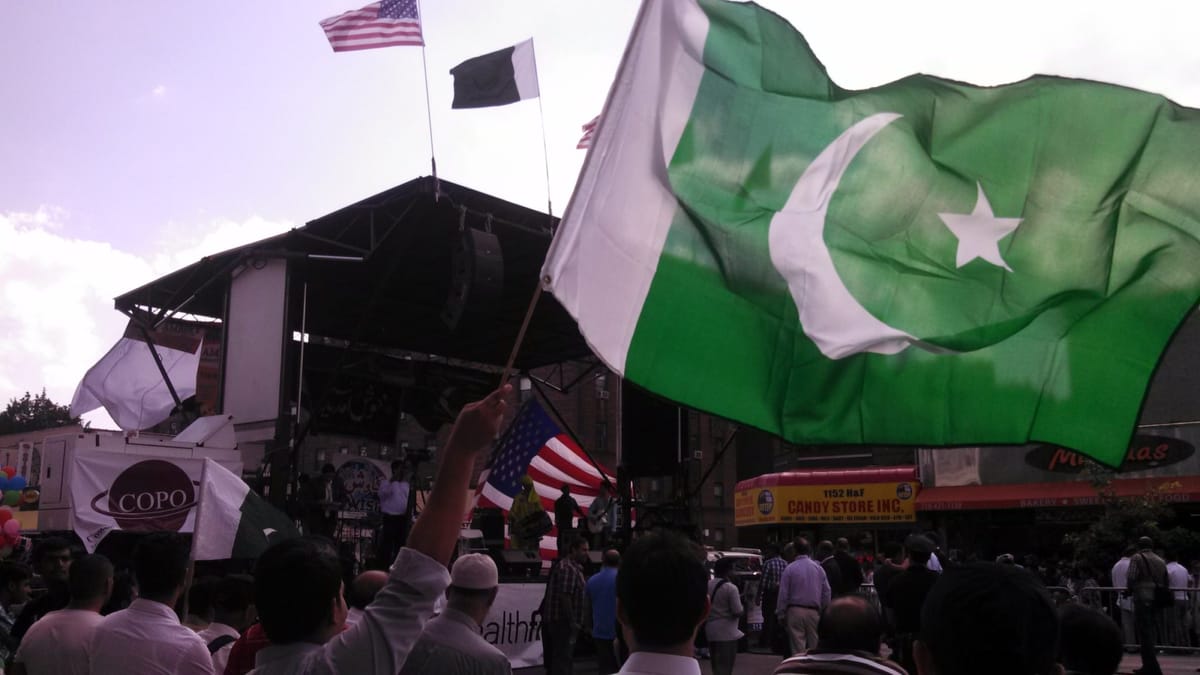Brooklyn’s ‘Little Pakistan’ Welcomes Immigration Reform With Open Arms


Coney Island Avenue is often referred to as “Little Pakistan,” its sidewalks lined with stores promising hot Halal food and the rich fabrics of traditional clothing.
Immigrants have brought these customs and delicacies to the U.S., where many of them hope to find opportunities here that are not available to them in their home countries.
The U.S. immigration system can make finding these opportunities complicated.
President Obama has promised immigration reform since the beginning of his campaign in 2008. Now, six years later, reforms on the national and local level are changing the immigration system – and the landscape for many of our neighbors.
In November, Mayor Bill de Blasio signed into city law Introductions 486-A and 487-A. They state that the city will no longer honor requests by the U.S Immigration and Customs Enforcement to hold individuals beyond their scheduled release. The law also limits the information the city will share about immigrants that are in custody. The mayor’s move occurred just days before Obama announced on November 20 a plan to overhaul the country’s immigration system, including protecting up to five million people from being deported and working with them to become U.S. citizens. On the off chance you haven’t seen Obama’s address, you can do so here.
The organizers at COPO, the Council of Peoples Organization in Midwood, have seen the need for immigration reform like this since the organization opened in 2002. COPO helps residents with a variety of programs, from assistance with health care to teaching English to help immigrants pass the U.S. citizenship test.
Fareeha Haq, an administrative assistant at COPO, taught an elderly immigrant English so that he could become a U.S. citizen.
“He said to me, ‘Daughter, I want to learn,” said Haq, 29. Haq also teaches COPO’s pre-K program and helps with the senior and legal aid programs.
Recently, COPO held a legal aid seminar for the community to answer their immigration questions.
“We had women with pages of questions- for themselves, their friends and neighbors,” said Haq. “How they could get legal status.”
Organizers at COPO explained that they are only able to help the immigrants in their community because they have gained their trust – most are afraid to ask for help because of their uncertain legal status.
“Many do not partake in essential services that are entitled,”said Mohammad Razi, executive director of COPO. “…They are always operating under the radar.”
Mohsin Zaheer, an immigrant from Pakistan, has lived in Midwood for almost 20 years. As the founder and editor of The Pakistani Newspaper, he has closely tracked this type of news that affects his neighborhood.
“I think that all these steps are taking the undocumented immigrants out of the shadows and putting them into some kind of system,” said Zaheer.
“People were very fearful before so now I think that this is a good thing. New York is a city of immigrants. Everybody knows that.”
Zaheer, like many other journalists and immigrants across the country, has been closely following the impact of the president’s plan to overhaul the country’s immigration process.
The president’s plan is good news for COPO, and they hope that this will allow more immigrants to be able to participate in the system
“It’s wonderful,” said Razvi. “If you do not give the right path to someone, then someone will guide them down the wrong path. We do not want that. Obama is showing them the way one step at a time, and we are very grateful about that.”




